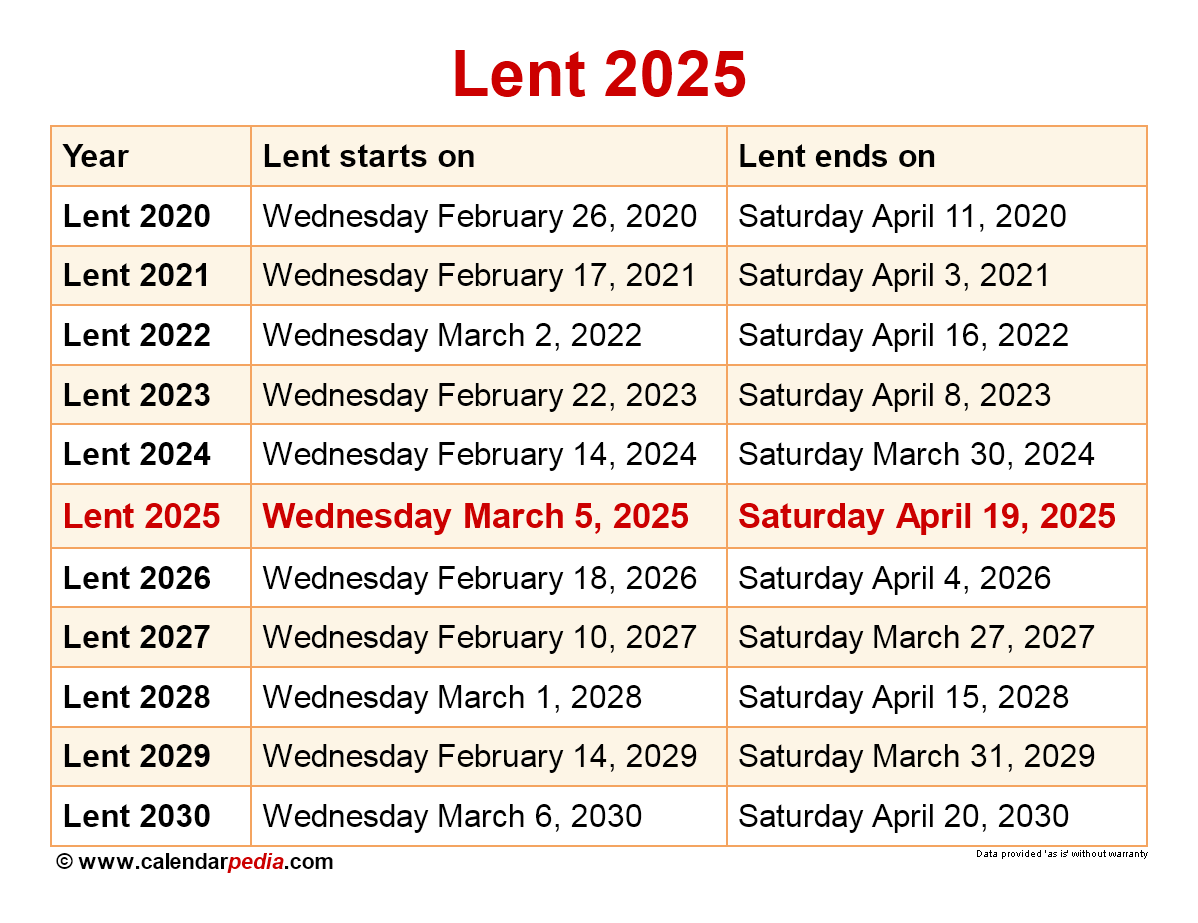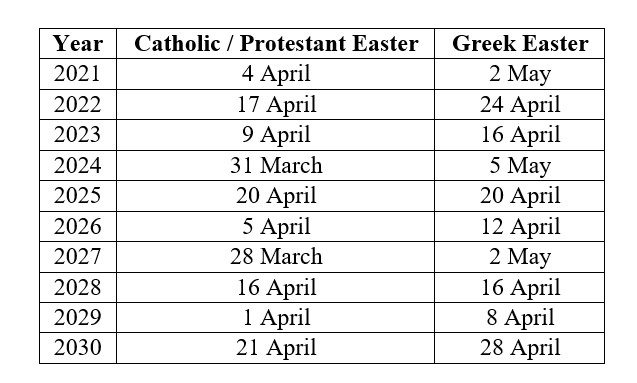Orthodox Fast Calendar 2025: A Guide to Fasting and Feasting
Related Articles: Orthodox Fast Calendar 2025: A Guide to Fasting and Feasting
- Printable Calendar 2025: Stay Organized With A 6-Month View On One Page
- World Calendar Events 2025: A Comprehensive Overview
- November 2025 Calendar For Kids: A Fun And Educational Way To Learn About The Month
- 24 X 36 Wall Calendar 2025: The Perfect Planning And Organization Tool
- 2025-2027 Calendar: A Comprehensive Guide
Introduction
In this auspicious occasion, we are delighted to delve into the intriguing topic related to Orthodox Fast Calendar 2025: A Guide to Fasting and Feasting. Let’s weave interesting information and offer fresh perspectives to the readers.
Table of Content
- 1 Related Articles: Orthodox Fast Calendar 2025: A Guide to Fasting and Feasting
- 2 Introduction
- 3 Video about Orthodox Fast Calendar 2025: A Guide to Fasting and Feasting
- 4 Orthodox Fast Calendar 2025: A Guide to Fasting and Feasting
- 4.1 Major Fasting Periods in 2025
- 4.2 Other Fasting Periods in 2025
- 4.3 Regulations for Fasting
- 4.4 Exceptions and Dispensations
- 4.5 Importance of Fasting in Orthodox Spirituality
- 4.6 Conclusion
- 5 Closure
Video about Orthodox Fast Calendar 2025: A Guide to Fasting and Feasting
Orthodox Fast Calendar 2025: A Guide to Fasting and Feasting

The Orthodox Church follows a rich liturgical calendar that includes periods of fasting and feasting throughout the year. These periods of fasting are observed as a means of spiritual purification and preparation for major feasts and celebrations. The Orthodox Fast Calendar for 2025 outlines the specific dates and regulations for each fasting period.
Major Fasting Periods in 2025
Great Lent (February 23 – April 12)
The Great Lent is the most significant fasting period in the Orthodox calendar, lasting for 40 days before Easter. During this time, Orthodox Christians abstain from meat, fish, dairy products, eggs, and wine. Strict fasting is observed during the first and last weeks of Lent, while some relaxation is allowed on weekends and certain feast days.
Holy Week (April 13-19)
Holy Week commemorates the final days of Christ’s earthly life, including his crucifixion and resurrection. During this week, strict fasting is observed, with only bread, water, and vegetables permitted.
Dormition Fast (August 1-14)
The Dormition Fast honors the death and assumption of the Virgin Mary into heaven. This fast is less strict than Great Lent, with meat and fish allowed on weekends and certain feast days.
Nativity Fast (November 15 – December 24)
The Nativity Fast prepares for the celebration of Christ’s birth on Christmas Day. This fast is similar to the Dormition Fast in terms of regulations, with meat and fish permitted on weekends and feast days.
Other Fasting Periods in 2025
In addition to the major fasting periods, the Orthodox Church also observes several other fasting days and weeks throughout the year:
- Wednesdays and Fridays: These are weekly fasting days, with meat and dairy products restricted.
- Ember Days: Four periods of three days each, observed in March, June, September, and December, when strict fasting is prescribed.
- Fast of the Apostles: A period of fasting from June 11 to June 28, in honor of the apostles.
- Exaltation of the Cross Fast: A period of fasting from September 14 to September 27, in honor of the discovery of the True Cross.
- Fast of the Forty Martyrs: A period of fasting from March 9 to March 20, in honor of the Forty Martyrs of Sebaste.
Regulations for Fasting
The specific regulations for fasting vary depending on the fasting period and the individual’s health and circumstances. However, general guidelines include:
- Abstinence from certain foods: Meat, fish, dairy products, eggs, and wine are typically prohibited during strict fasting periods.
- Meal frequency: One full meal per day is permitted, with smaller snacks allowed in the evening.
- Food preparation: Food should be prepared without the use of animal products or oil.
- Prayer and spiritual discipline: Fasting should be accompanied by increased prayer, reading of Scripture, and acts of charity.
Exceptions and Dispensations
In certain circumstances, exceptions and dispensations from fasting may be granted by a priest or spiritual father. These may include:
- Health reasons: Individuals with medical conditions that require a specific diet may be exempt from fasting.
- Travel or work constraints: Orthodox Christians who are traveling or working long hours may be granted dispensation from strict fasting.
- Children and the elderly: Young children and the elderly may be exempted from fasting or observe a modified fast.
Importance of Fasting in Orthodox Spirituality
Fasting is an integral part of Orthodox spirituality, serving several important purposes:
- Spiritual purification: Fasting helps to cleanse the body and mind, preparing for spiritual growth and renewal.
- Humility and self-denial: Fasting teaches humility and self-control, reminding us of our dependence on God.
- Preparation for feasts: Fasting periods serve as a time of preparation for major feasts and celebrations, enhancing our joy and gratitude.
- Solidarity with the suffering: Fasting allows us to experience a small portion of the suffering endured by those in need, fostering compassion and generosity.
Conclusion
The Orthodox Fast Calendar for 2025 provides a framework for spiritual growth and preparation throughout the year. By observing these fasting periods with prayer, discipline, and a spirit of love, Orthodox Christians can deepen their faith and draw closer to God. Remember that fasting should be approached with a balanced perspective, recognizing both its spiritual benefits and the need for exceptions and dispensations in certain circumstances.








Closure
Thus, we hope this article has provided valuable insights into Orthodox Fast Calendar 2025: A Guide to Fasting and Feasting. We hope you find this article informative and beneficial. See you in our next article!